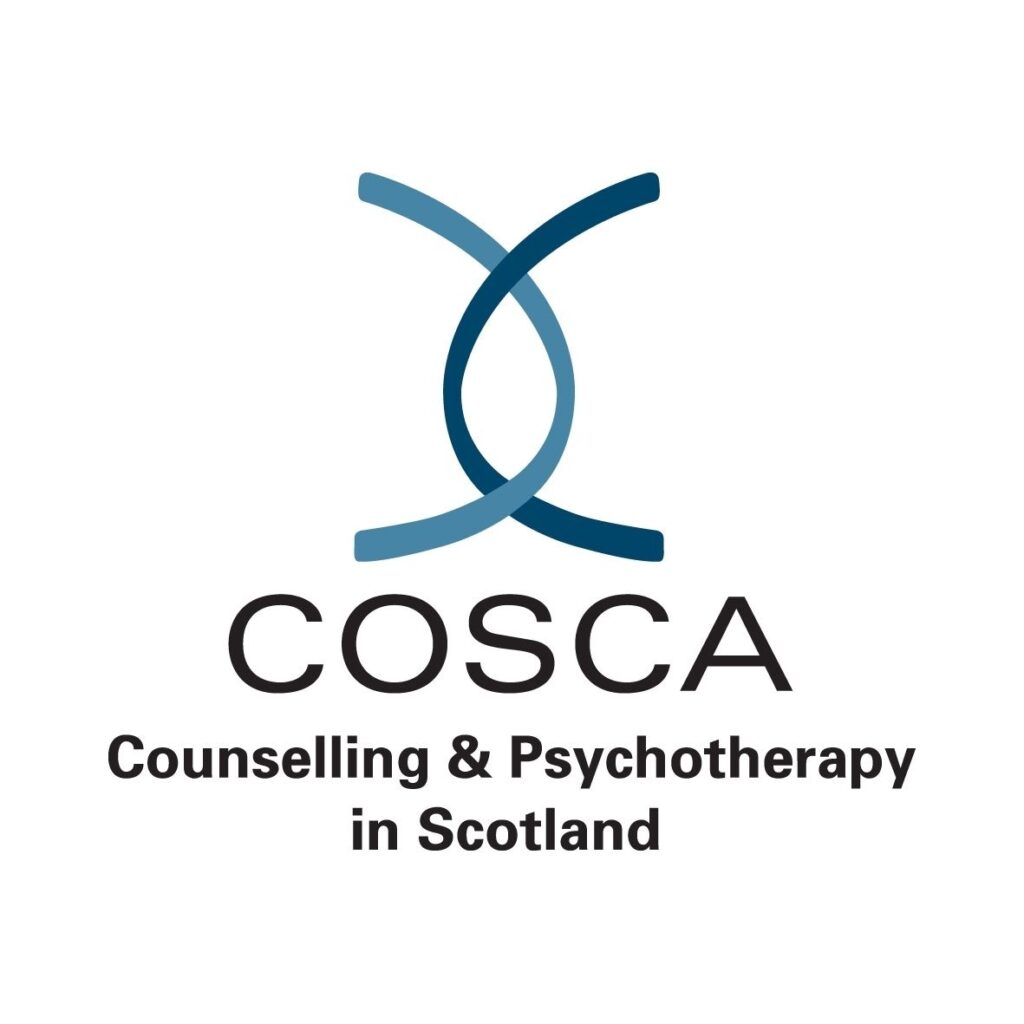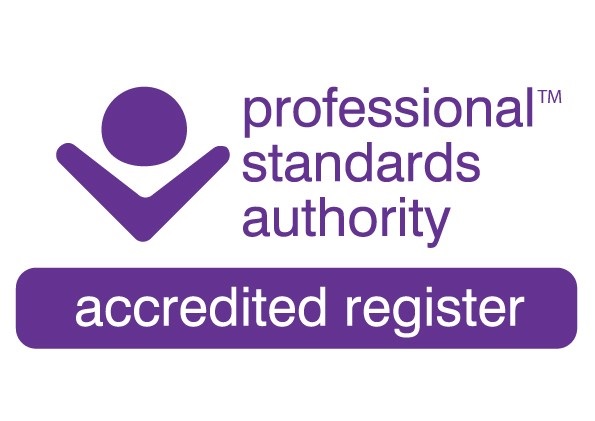Frequently Asked Questions
Here are some of the more common questions that are often asked about my counselling service.
What happens during an introductory call?
I offer a free 20 minute introductory call, either over the phone or online, without obligation. During the call, you can ask any questions you have, see if you would like to work with me and I can get a sense of what you are looking for.
If you decide to go ahead we will book a time-slot for your first session. We’ll usually meet in the same time-slot each week and I will reserve that for you, until you decide you want to cease the therapy. I have some availability for those who need a more flexible arrangement that works for you. I offer short-term (6-12 sessions) and long-term counselling (12+ sessions) and will work with you so that the sessions are tailored to your needs.
What happens in the first session?
It’s usual for clients to feel nervous at the first appointment. You may find it difficult to know where to start or you may have a clear sense of what you want to talk about. I will accept you as you are and listen to everything you bring, without judgement or criticism.
In the first session it can be useful to think about:
- What has brought you to counselling?
- What are you are hoping to achieve?
- What might things look like for you if counselling was successful?
What happens in a face-to-face session?
Face-to-face sessions are held at my room near Haymarket, Edinburgh. On arrival ring the door buzzer and the receptionist will let you in. Ask for Sally and the receptionist will direct you to a waiting area on the first floor. At the time of your appointment I will invite you into the room. Feel free to bring your own drink to the sessions if you wish.
What do I need for an online session?
You’ll need a good enough wifi connection on your device for a video call, a private space where you will not be overheard and headphones can be good for extra confidentiality. You should sit in a comfortable place, have a drink handy and maybe a blanket. It can be helpful to have a little time set aside before and after the session; time to set up the video call beforehand and time to reflect on the sessions afterwards, before returning to your other commitments.
How many sessions do I need?
That really depends on what you bring and what you want to achieve. We can discuss the number of sessions that might work best for you and your schedule in your first session. Your goals may change over the sessions or you may uncover things you want to work on further. Some people achieve what they want in 8-12 sessions, others attend more.
You are in control of how many sessions you have and clients usually know when the appropriate time is to stop. It is helpful for me to know when you want to finish, so that we can have a planned ending that feels appropriate for you.
Will counselling help?
Counselling is not for everyone but:
“There is unequivocal evidence that, on average, psychological therapies have a positive effect on people’s mental health and wellbeing.
Almost 8 out of 10 individuals who participate in counselling and psychotherapy improve to a greater extent than the average person who does not participate in therapy,”
(Mick Cooper. Essential Research Findings In Counselling and Psychotherapy. 2008 SAGE. p34)
What if I don’t think it’s helping?
Counselling is a collaborative process, and we will regularly review how the process is developing for you. If sessions are not meeting your expectations, we can make appropriate changes. You can stop the counselling at any point if you decide it is not for you.
Is it confidential?
Confidentiality is of utmost importance in counselling. I make hand-written notes after sessions using only your initials and they are kept in a locked filing cabinet. I discuss my work monthly with my supervisor I don’t use your real name and these discussions are also confidential. Safeguarding legislation means that I am under a legal obligation to breach confidentiality if you or someone you tell me about, are at risk of serious harm. If this happened, I would endeavour to discuss breaking confidentiality with you in the session, prior to doing it and tell you to whom. I do not discuss details of client material with anyone else. For more information see my privacy policy.
What happens during counselling?
During counselling, you can bring whatever it is that is troubling you. I will get to know you and your story and I will support you to explore your feelings without judgement or criticism.
I will listen intently to you to understand your experience and circumstances, and I will guide you to make sense of the feelings that are causing you to want to make changes in your life.

